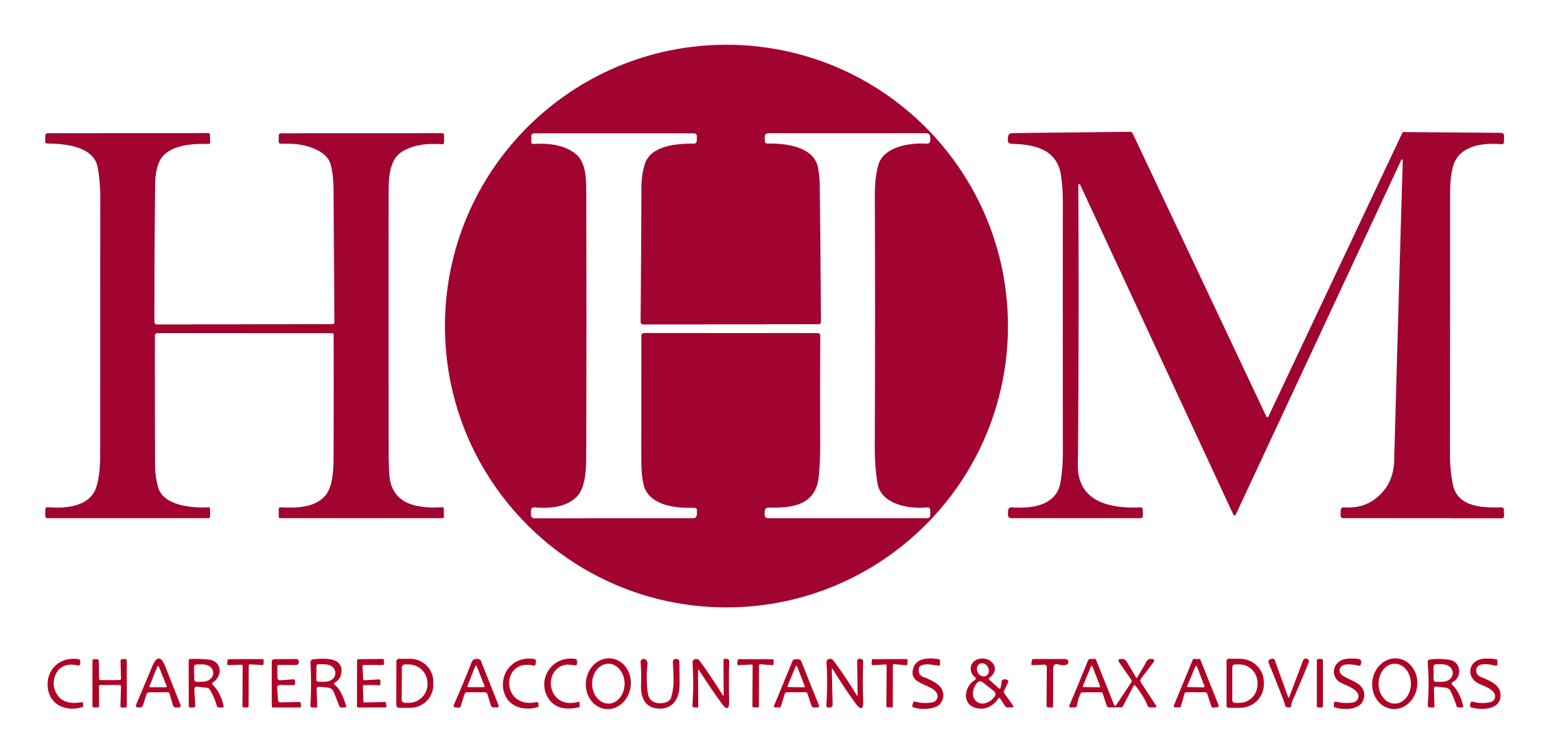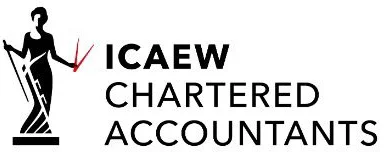Need Help?
FAQs
What is PAYE and how does it work?
PAYE stands for Pay As You Earn, and it’s the system used by employers to deduct income tax and National Insurance contributions from employees’ salaries before paying them. Employers are responsible for calculating and deducting the correct amount of tax and NICs based on employees’ earnings and tax codes.
Can HHM help with PAYE calculations and payroll processing?
Yes, HHM offers services for accurate PAYE calculations, employee data management, and timely payroll submissions. We streamline the process and ensure compliance.
How is PAYE calculated?
AYE is calculated based on employees’ taxable earnings, which include salary, bonuses, and certain benefits. Employers use tax codes provided by HMRC to determine the amount of tax to deduct. National Insurance contributions are calculated based on earnings above a certain threshold.
How often should employers submit PAYE reports to HMRC?
Employers are required to submit PAYE reports to HMRC on or before each payday. This includes details of employees’ earnings and the tax and NICs deducted. Employers must also provide employees with a payslip detailing their earnings and deductions.
Can employees claim tax relief on work-related expenses?
Yes, employees may be able to claim tax relief on certain work-related expenses, such as mileage, professional subscriptions, and tools or equipment necessary for their job. It’s important to keep accurate records and ensure that expenses meet HMRC’s criteria for tax relief.
What are the penalties for late or incorrect PAYE submissions?
HMRC imposes penalties for late or incorrect PAYE submissions, including fines and interest charges. Penalties vary depending on the severity of the non-compliance and the size of the employer. It’s essential for employers to ensure timely and accurate submission of PAYE reports to avoid penalties.
















